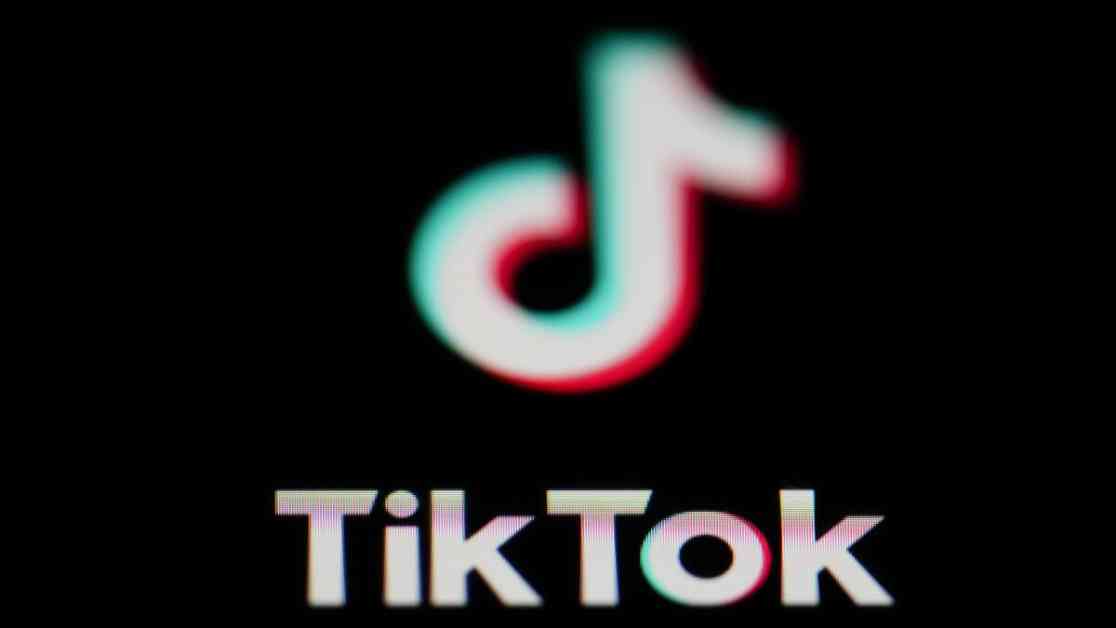## Supreme Court Questions TikTok’s Free-Speech Defense Amid Shutdown Law – What’s Next?
WASHINGTON – The Supreme Court justices expressed doubt on Friday about TikTok’s free-speech argument, hinting that they may uphold the law that could lead to the shutdown of the popular video platform just before President-elect Donald Trump’s inauguration. The justices, both conservative and liberal, raised concerns about Chinese ownership of TikTok and its potential impact on national security. They emphasized that the law was not intended to suppress free speech.
The Justices’ Concerns
Chief Justice John G. Roberts Jr. highlighted Congress’s worries about Chinese control of TikTok and the risks it poses to American data. He stressed that the law aimed to address these national security threats rather than infringe on free speech rights. Justice Elena Kagan and Justice Brett M. Kavanaugh also supported the idea that the law targeted a foreign entity without 1st Amendment protections.
Looming Shutdown
TikTok’s lawyers argued that the law would stifle the voices of 170 million American users and violate their 1st Amendment rights. However, Congress and the Biden administration contended that TikTok’s Chinese ties could jeopardize American data security and privacy, potentially enabling espionage or blackmail.
Legal Battle Ahead
The Supreme Court agreed to expedite TikTok’s appeal but seemed inclined to uphold the law. Despite past rulings against broad federal regulations, the justices hesitated to overturn a law on national security grounds. If the law takes effect on January 19, TikTok faces immediate closure, prompting calls for a temporary injunction to allow negotiations for a possible solution.
A Glimmer of Hope
Former President Trump, who previously targeted TikTok, now seeks to broker a deal to save the platform. An investor group led by Frank McCourt recently proposed buying TikTok’s U.S. operations, aiming to ensure American ownership and protect user privacy. As the Supreme Court deliberates, TikTok’s fate hangs in the balance, awaiting a final decision that could reshape the social media landscape.
In a personal reflection, imagine scrolling through TikTok, laughing at quirky videos, or finding inspiration from creative content shared by millions of users. Now, picture the sudden silence if the platform were to vanish overnight. The Supreme Court’s deliberations on TikTok’s future not only impact a popular app but also raise critical questions about data security, free speech, and foreign influence in the digital age. As we await the court’s verdict, we confront the complex intersection of technology, privacy, and national interests, underscoring the delicate balance between innovation and safeguarding our fundamental values. What will the future hold for TikTok and its diverse community of creators? Stay tuned as the legal drama unfolds, shaping the landscape of social media in an era defined by connectivity and controversy.



























